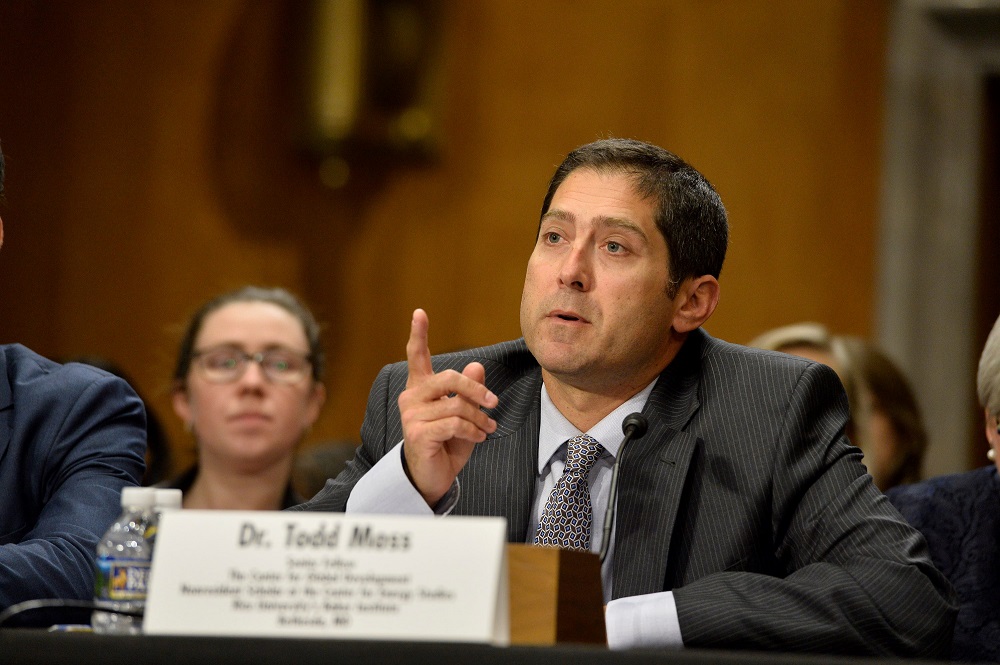Power Africa has the potential to be a game changer for US foreign assistance and for how the United States works with Sub-Saharan Africa. Congressional authorization is needed to solidify Power Africa beyond President Obama's tenure. That’s why we were thrilled to see Electrify Africa pass the House last year (297-117) with bipartisan support and see nearly identical texts introduced this year in both the House andSenate (S. 1933 and H.R. 2847).
The Senate Foreign Relations Committee unanimously passed a version of Electrify Africa on Thursday. We were very pleased to see Senator Flake (R-AZ), the chair of the Africa subcommittee, join as a co-sponsor and to see broad bipartisan support.
Yet it was a disappointment to see that the bill dropped the key language related to the Overseas Private Investment Corporation (OPIC) as introduced earlier this year. The bill now also includes two amendments from Senator Markey (D-MA) (to be posted here), which generally aim to promote non-discriminatory access (undefined) and local consultation.
Without the OPIC provisions from Title II, the bill looks a bit more hortatory than substantive. The original bill would have reauthorized OPIC for three years and introduced a smart series of efficiency and governance reforms. OPIC is critical to effective financing of US electricity efforts in Africa and is necessary to unlock the private investment needed. It’s a shame that the Committee couldn't find a compromise, particularly in light of the fact that the House was able to move the bill forward with this title last year. But we’d certainly rather see this bill move forward than none at all.
Both Chairman Corker (R-TN) and Ranking Member Cardin (D-MD), as well as Senator Coons (D-DE), separately voiced support for exploring OPIC reauthorization. It would be a relief to see the Committee not cede this responsibility to the appropriators yet again. We hope reauthorization will move forward quickly and have suggestions here for reforms to make OPIC both more effective and transparent that the Committee might consider.
CGD blog posts reflect the views of the authors, drawing on prior research and experience in their areas of expertise.
CGD is a nonpartisan, independent organization and does not take institutional positions.




